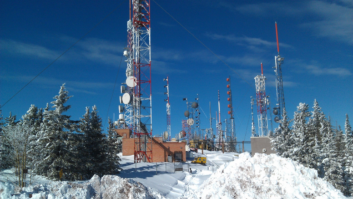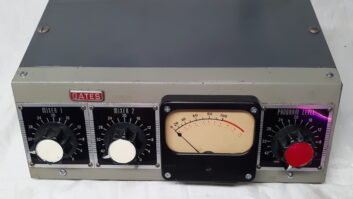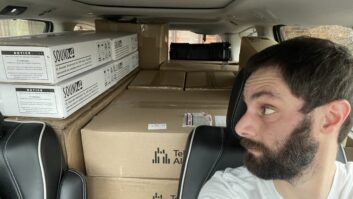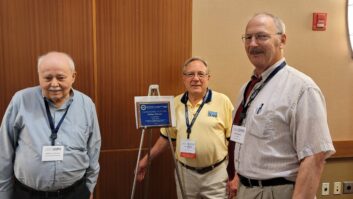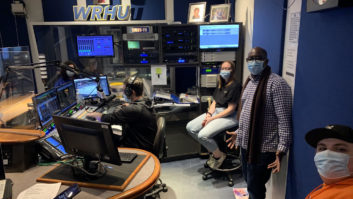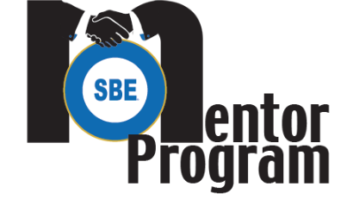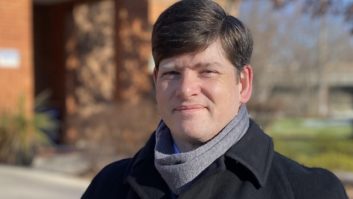
Larry Wilkins begins a class at the ABA Engineering Academy. Spurred by consolidation, budget cuts, lack of technical and engineering training in general education, an improvement in equipment quality and reliability or whatever, it is often lamented by many in the radio broadcast industry — “Where do we get the broadcast engineers of tomorrow?” One of the bolder ideas to come down the concerning that is the ABA Engineering Academy, founded and headed by Larry Wilkins. With another session of the academy approaching in February, we asked Larry a few questions.
RW: How did this idea of a broadcast engineering academy come about?
Larry Wilkins: The idea came out of inquiries from several station managers about the problem of finding engineers (to replace retiring engineers and staff expansion). Question was asked, “Is there a school that we can recruit from?” Unfortunately, there were none in the South … So they asked, “Can we start our own?”
RW: What is the goal of the ABA Engineering Academy?
Wilkins: The primary goal is to give those interested in the technical side of broadcasting an overview of what it take to create and transmit quality audio and video. We know there is no way to create “chief engineers” in five days, but feel we can cover the basics of broadcast engineering so they will not be lost when walking into a tech center. Most of our students are already in broadcasting as announcers, production people, op managers, etc. We have also had a couple of station managers attend. Although the course is designed for those with minimal technical experience, a number of “seasoned engineers” have attended for a refresher course and learning about new technology.

Cumulus Media Engineer Frank Giardina teaches at a radio class at the ABA Engineering Academy. RW: Are these the only such classes in the U.S.? Has any other group/broadcasters association approached you about starting their own?
Wilkins: I am sure there are other training venues around, though most teach detailed engineering as in a two-year or more school. I don’t think there are any doing the five-day overview for new engineers that we do. When we started two years ago there were a number of calls from other associations. The classes have been promoted by a number of state broadcasters associations. Students have come from all across the country, one from as far away as Alaska. We would be happy to help other states put something together for their people.
RW: What kind of feedback have you gotten from the Alabama Broadcasters Association? From other engineers and/or broadcasters?
Wilkins: This program is a service of the Alabama Broadcasters Association and is held at the ABA office. They created a training center with an overhead projector, Elmo presenter and large workbench. We continue to add various pieces of radio and television gear and test equipment. The response from those attending and broadcasters has all been positive. One student went on a job interview at a television station and told us, “Thanks to the television class, I actually understood what the chief was talking about.” The classes are offered by the ABA at no charge to the students. We also work very close the Society of Broadcast Engineers and offer students the opportunity to take one of the SBE Certification Exams at the end of the classes.
RW: Can you call the program a success?
Wilkins: The response to the classes has exceeded our expectations. We are starting our third year of classes. The radio class and the television class are offered twice each year. In 2013 we hosted a two-day seminar on IP fundamentals for broadcasters taught by Wayne Pecena from Texas A&M.
Over the first two years we have had over 150 students come through out classes. The IP fundamentals seminar was so great we will be repeating it this year. We have been asked to present the radio and television classes in three other states as well. These are being developed now. Our goal is to make them available as webinars soon.

Happy ABA Engineering Academy Graduates
RW: Tell us about the upcoming set of classes — what is the subject and teaching practice?
Wilkins: A radio class is coming up Feb. 10–14, with another July 14–18. Television classes are March 3–7 and Sept. 8–12. The academy will also offer four special subject seminars during the year: “Fundamentals of HD Radio,” “Fundamentals of HDTV,” “IP Fundamentals for Broadcast Engineering” and “Audio/Television Over IP.”
Dates for these special seminars will be announced shortly.
The classes cover everything from basic electronics to the antenna. Various engineers from around the state help with the different sections of the school. The study guides are available on the ABA FTP site plus they are available in print form at the class. The basic subject matter follows this format: basic electronics (covering tube/transistor theory, binary numbers and IP fundamentals); audio fundamentals (covering microphones, studio equipment, processing and analog to digital conversion); AM & FM transmission (covering transmitters and antennas) for the radio class; television transmission (covering NTSC/digital, MPEG/8VSB, transmitters and antennas) for the TV class; and station operations (covering FCC rules, engineering management and general maintenance).
We try and make the classes as open-ended as possible so students can interact with the instructor. Our goal is to not leave a subject with someone not understanding it.
RW: Where, when and cost?
Wilkins: All courses are held at the ABA training center in Hoover, Ala., near Birmingham. There is no cost to attend any of the classes or seminars. Should you desire to take the SBE certification exam, there will be a fee for the test. We have special rates from area hotels for those needing lodging.
More information is available online at www.al-ba.com, click on engineering tab. You can also register online at the same site. They may also contact me, the Academy Director Larry Wilkins at [email protected] or (334) 303-2525.





